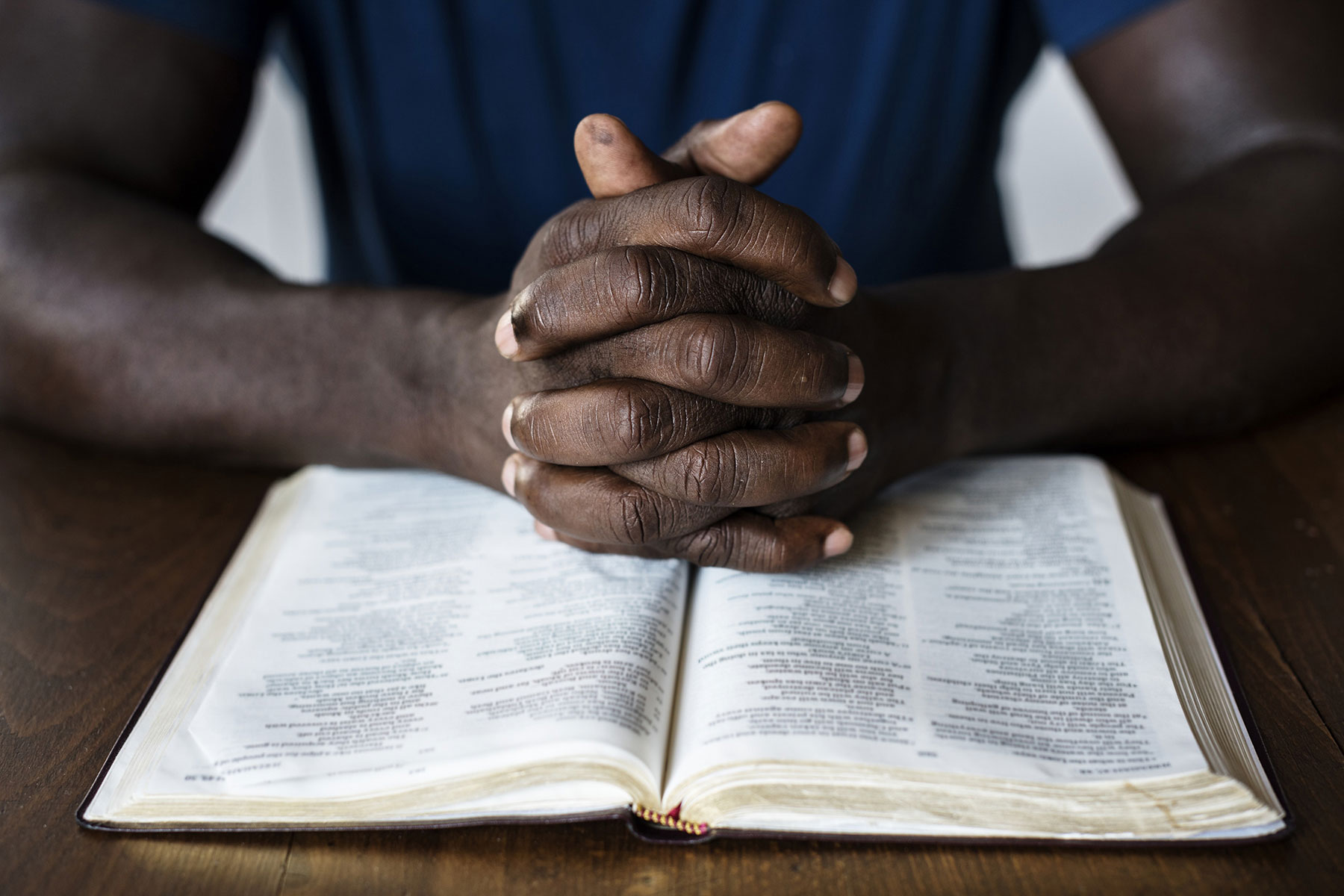

“Despite nearly every individual in the U.S. This year’s survey found that only 9% of respondents read their Bible on a daily basis, the lowest figure in the decade that the research has been conducted. He has a heart for God and ministry, has written many worship songs, and has served as a worship pastor in local church ministry.PHILADELPHIA - The American Bible Society has released its 10th annual “State of the Bible” report, which analyzes the Bible reading practices of Americans and their views about Scripture. Before coming to Talbot, Berding was a church planter in the Middle East and taught at Nyack College just north of New York City. He is the director of Bible Fluency: Sing It, See It, Study It.

He has published articles in such journals as the Journal of the Evangelical Theological Society, Vigiliae Christianae, New Testament Studies, and Journal of Early Christian Studies. He is an author of various books, some academic (such as Polycarp and Paul), some semi-academic (such as What Are Spiritual Gifts? Rethinking the Conventional View), others for-the-classroom (such as Sing and Learn New Testament Greek or The Apostolic Fathers: A Narrative Introduction), and still others for-the-church (such as Walking in the Spirit or Bible Revival: Recommitting Ourselves to One Book). Kenneth Berding is a professor of New Testament at Talbot School of Theology. This post and other resources are available at Kindle Afresh: The Blog and Website of Kenneth Berding. Perhaps we who know and love the Bible can use this interest in history’s most influential book to introduce people to the One who gave us his Word. The good news from the most recent American Bible Society State of the Bible report is that one-third of those surveyed reported that they are very or extremely curious about the Bible. Distractions may be one more reason that Bible reading is currently on the decline in the United States. We could be using our eyes to read the Bible instead we use our eye-time on the news (or gossip-news), or to keep up on what our friends (or “friends”) are posting. Social media, news reports, on-demand television, texting, and video games are probably the main contemporary distractions. There are more distractions now than ever before-including distractions to our eyes. The general decline in book reading could be another reason for a decline in Bible reading.ĭistractions. If someone has never read any large book in the past, they may think they won’t succeed with a book as large and varied as is the Bible. The Bible is a big (and let’s be honest, a sometimes challenging) book. But the fact that people reported reading fewer books than they previously reported still signals that book reading is on the decline. Now, I’m personally skeptical that the average person actually read one book a month in 2022. According to a recent Gallup survey, the average American read 12.6 books in 2022-down from 15.6 in 2016. One possible reason for the drop in Bible reading could be a corresponding drop in church attendance during this same period.Ī decline in book reading. Furthermore, they hear sermons that encourage and model engagement with the Bible.
Percent of americans who never read the bible how to#
When Christians spend time with other Christians, they learn from other Christians how to nurture their spiritual lives, including the discipline of regular Bible reading. According to one survey, before the COVID-19 pandemic, 25% reported that they never attended religious services of any kind. What could possibly drive such a statistical decline? Let me suggest three possibilities:Ī corresponding drop in church attendance. There was an 11% drop in the number of people in the US who sometimes (3-4 times a year) picked up a Bible (or looked at a digital Bible) and a 4% drop in those who read it daily. Those are the adjectives being used by people commenting on this change. And daily Bible reading dropped from 14% to 10%. Always around 50%.īut according to the American Bible Society, in 2022, that number dropped to 39%. In 2011, the percentage of Americans who “used the Bible at least 3-4 times on their own, outside of a church setting” was around 50%.


 0 kommentar(er)
0 kommentar(er)
